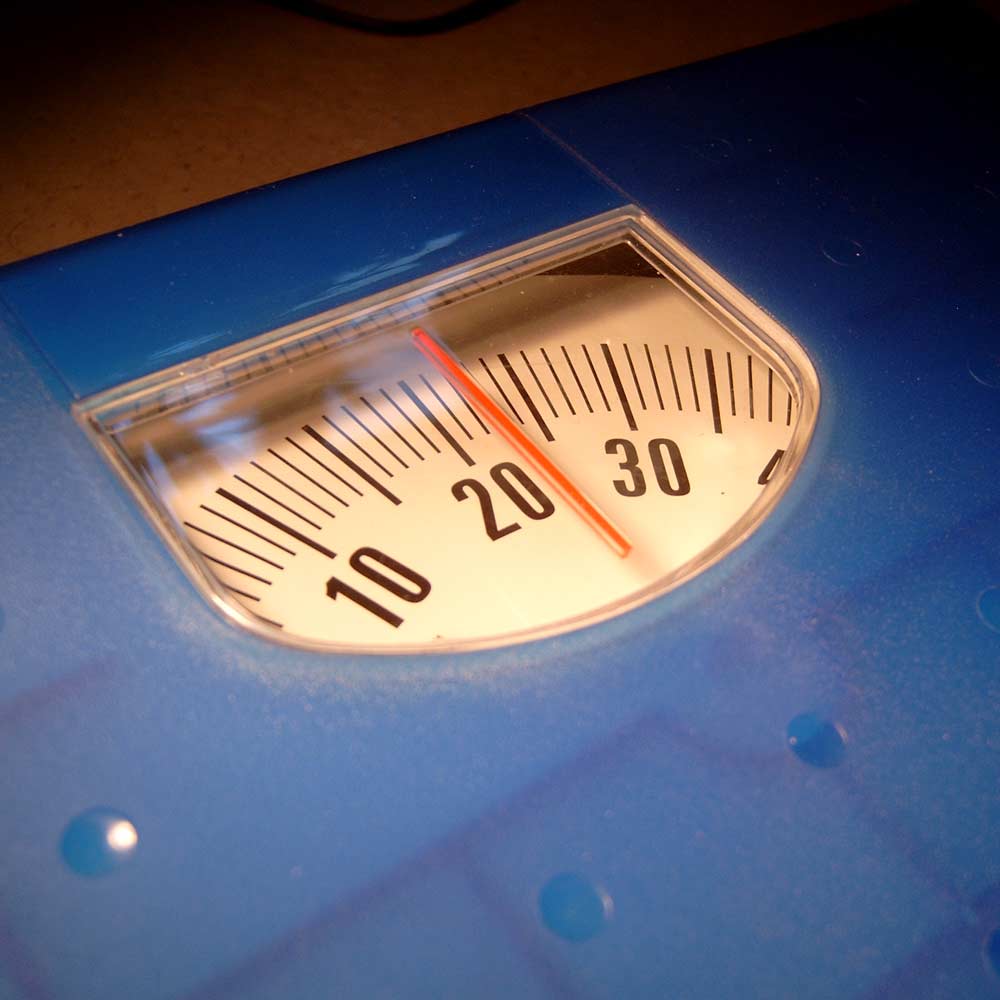
Registered nutritionist Nicola Jackson looks at the issue of weight and examines whether this should be main the focus of someone who wants to be healthier.
Q I’m trying to get healthier and have started eating better and exercising more, as well as cutting out the booze. When I work out my BMI I am still a bit overweight but I’m feeling pretty good and have a lot more muscle than I used to. What I’d really like to know is what weight is considered ‘healthy’?
A “How much should I weigh?” This is a common question I’m often asked when I see new clients.
If you have a magic number in your head of the weight you’re striving for, consider setting it aside. Is it the 65kg you weighed 10 years ago? Is it just a random number you think sounds good?
In reality, a number is not the important thing to focus on. Why not? Because trying to reach a goal weight often means you forget about behaviour. And whatever your weight right now, the important thing to focus on is the behaviours that influence our health.
Focusing on healthy behaviour changes, such as getting enough physical activity and eating healthy and mindfully, are things that can benefit our health regardless of weight. These in turn can help our bodies settle at their most comfortable weight without it being the main focus.
What about BMI?
BMI wasn’t originally intended as an individual measure of weight, rather it was a way of looking at population weight and health. BMI is used as an assessment of body weight mainly because it’s easy, quick and non-invasive. But it’s not always an accurate or useful measure because BMI is simply a measure of body weight in relation to height, and it doesn’t take into account muscle mass or where fat is deposited. In many cases, those of us with a high muscle mass will be heavier and therefore unfairly represented on the BMI scale. Others may have a normal BMI yet have a high proportion of body fat and low muscle mass.
Those who eat loads of processed foods, few vegetables and don’t exercise are not healthy simply because their weight falls within the recommended range on the BMI scale. Conversely, an athlete who trains regularly and eats well could possibly be considered overweight on the BMI scale!
Can you be healthy at any weight?
We know that excess body fat, especially visceral fat (fat around the organs), is associated with increased risk of health problems. But just because you have a larger body there’s no reason you can’t have healthy eating habits and work towards a healthier lifestyle.
Another problem when weight is the primary focus is that if it doesn’t change, and you still find yourself within the overweight or obese category, it can be easy to throw in the towel and think ‘What’s the point?’ This can lead to yo-yo dieting, which generally produces worse health outcomes over time.
Instead of asking what you should weigh, ask yourself whether you’re living a healthy lifestyle. From there you can focus on creating new healthy habits.
Things to consider include responding appropriately to your hunger and fullness signals, eating mindfully, moving your body every day, as well as developing healthy eating patterns. Such healthy habits can improve health without needing to focus on a number.
www.healthyfood.com










